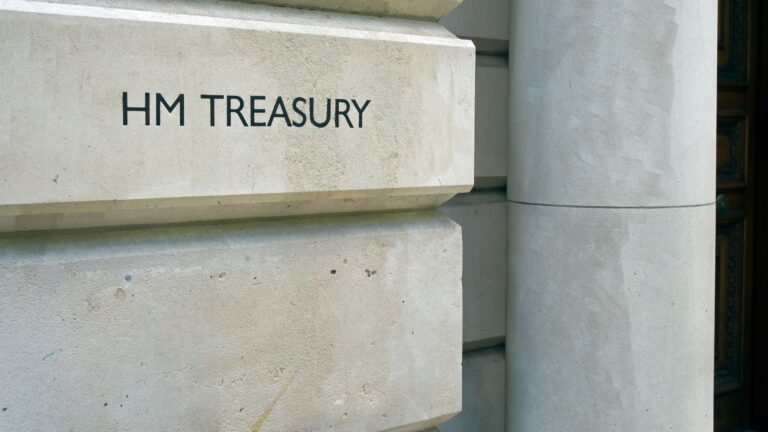
Cost pressure
“Fuel is the largest single expense that logistics businesses have to bear,” says Logistics UK’s Policy Director, Kevin Green, “and the current rate of fuel duty is enabling the industry to start planning for a decarbonised future. With the sector already operating on extremely narrow margins – often only 2.5% – increasing fuel duty would heap the cost pressure on operators. This would not leave enough spare cash for our industry to implement the necessary steps to take us into a net zero future without passing on the cost to the end customer, something our members are loath to do.
“With wage costs and the price of new vehicles rising, pressure on the logistics industry continues to mount, at a time when the sector is committed to helping kickstart economic recovery and growth. Rather than stifle the increased economic activity which our industry is able to drive, we need Ms Reeves to consider other alternatives to fill the fiscal gap.
“Increasing fuel tax would be a double whammy to millions of car drivers, paying more for their journeys, and more for everyday products, as the logistics industry would have little choice but pass their increased fuel costs on to consumers.
Current industry estimates suggest that the weekly fuel bill for a 44-tonne diesel HGV is around £888, with £436 taken in fuel duty by HMRC.
Growth and productivity
“Nothing moves without logistics and our sector is a key driver for growth and productivity,” continues Green. “We have a great opportunity to help kickstart the economy, but this opportunity will be stifled if logistics businesses cannot create profit to invest in the future of the sector. Our industry underpins every sector of the economy, and, as such is ideally placed to help the government get growth moving, but this cannot happen if the sector is placed under such significant cost pressure. On behalf of our members, we urge Ms Reeves to protect the current rate of fuel duty and identify other areas within the budget which will not hamper the movement of goods which UK PLC needs to trade and use in order to thrive.”
Image credit: Dreamstime